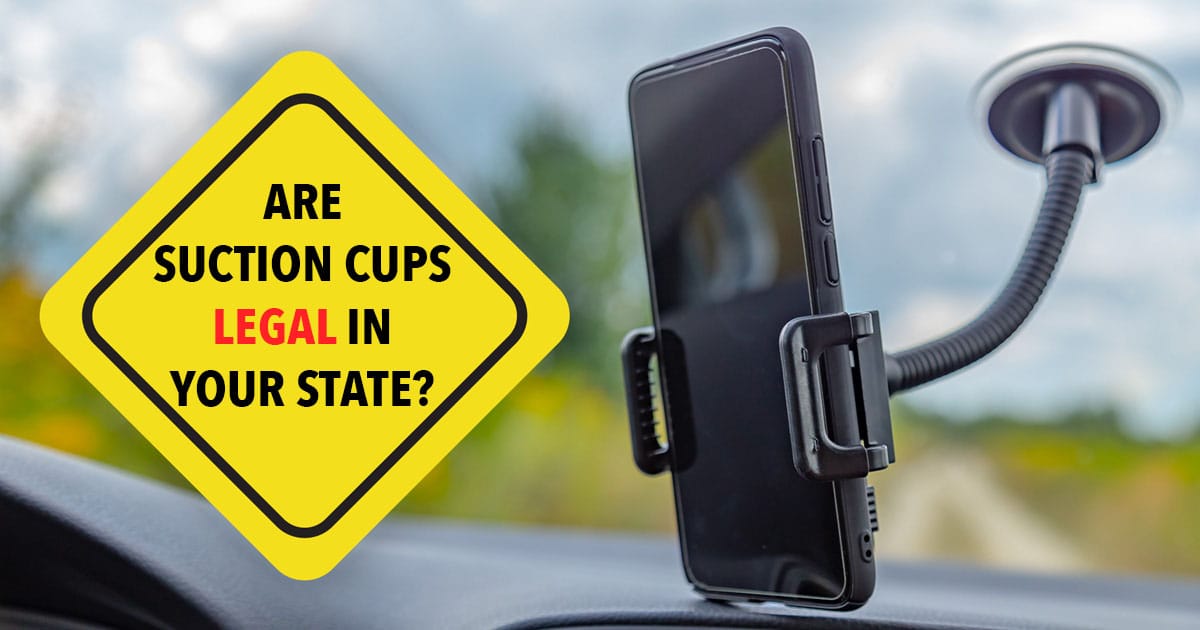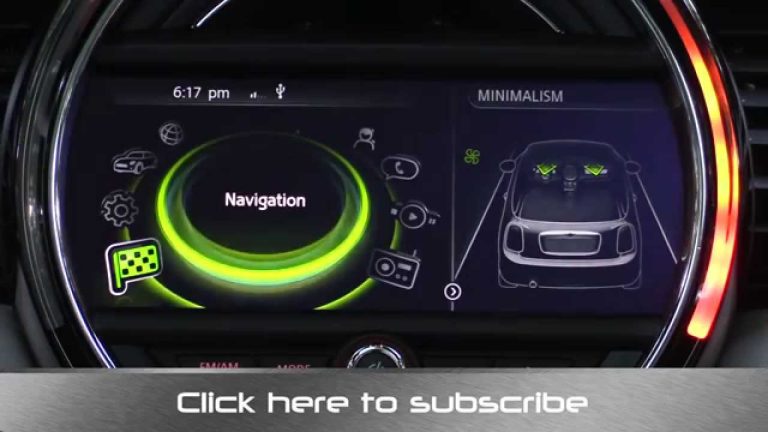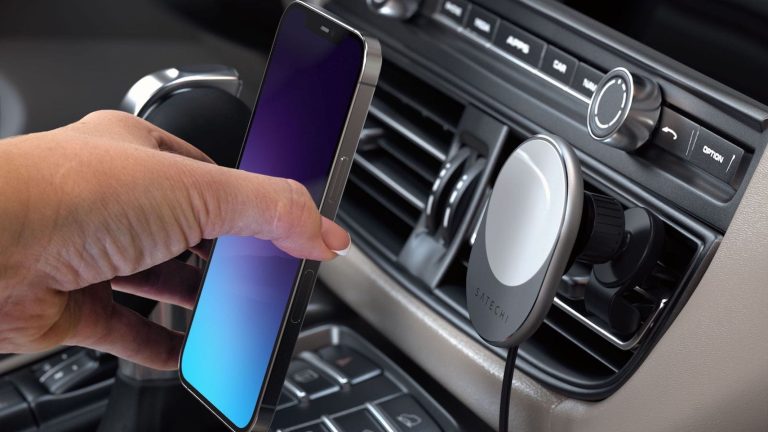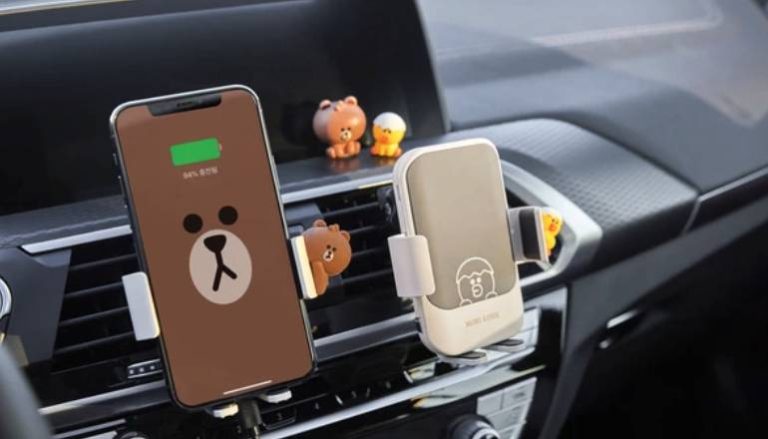Is it Legal to Mount Phone on Dashboard?
In today’s fast-paced digital age, our reliance on smartphones has become increasingly woven into the fabric of our daily lives. Whether it’s for navigation, music streaming, or hands-free calling, we often find ourselves reaching for our phones while on the road. But is it legal to mount your phone on the dashboard? This seemingly innocent question carries weighty implications, as various countries and states have different laws and regulations governing this issue. In this article, we delve into the legalities surrounding mounting your phone on the dashboard and shed light on the potential consequences of disregarding these laws. Buckle up and read on to find out what the law says.
Understanding the Laws: Different Jurisdictions, Different Rules
In today’s technology-driven world, smartphones have become an essential part of our lives, even while driving. However, the legality of mounting a phone on the dashboard varies depending on the jurisdiction you are in. Different countries, states, and even cities may have different rules and regulations concerning the use of electronic devices while driving.
For instance, in some countries, the use of a phone while driving is strictly prohibited, regardless of whether it is mounted on the dashboard or not. On the other hand, in certain places, it is allowed as long as you use a hands-free device. Therefore, it’s crucial to familiarize yourself with the specific laws and regulations of your location to determine whether mounting a phone on the dashboard is legal or not.
Keep in mind that laws can evolve and change over time, so it’s always a good idea to stay updated with the latest rules to avoid any legal complications.
Hands-Free Devices: Exploring the Legality of Dashboard Phone Mounts
One of the primary reasons people mount their phones on the dashboard is to use it as a hands-free device, allowing them to safely make calls, follow navigation instructions, or use voice commands while driving. Many jurisdictions permit the use of hands-free devices as a safer alternative to holding the phone in hand.
Dashboard phone mounts, when used properly, can provide a convenient and safe way to use your phone while driving. By positioning your phone within your line of sight, it allows you to keep your eyes focused on the road while still accessing important phone features.
However, it’s crucial to understand that simply having a phone mount on your dashboard does not guarantee legality. You must still ensure that you are using your phone within the boundaries of the law, such as not texting or using social media while driving, even with a hands-free device.
Safety Concerns: Evaluating the Risks and Benefits of Using Dashboard Phone Mounts
While dashboard phone mounts can provide convenience and hands-free functionality, it’s essential to evaluate the potential safety risks associated with their use.
One of the primary concerns is the potential distraction caused by glancing at the mounted phone while driving. Even though the phone is within your line of sight, it can still divert your attention from the road, increasing the risk of accidents.
Another consideration is the stability of the phone mount. If a mount is not securely attached, the phone may shake or fall off during sudden accelerations or turns, leading to further distractions. Therefore, it’s crucial to invest in a high-quality and sturdy phone mount that appropriately secures your device to the dashboard.
Additionally, using a phone mount may require you to interact with the phone’s touchscreen, diverting your attention temporarily from the road. It is essential to minimize interactions with the phone while driving and prioritize safer alternatives, such as voice commands or using a car’s built-in infotainment system.
Legal Consequences: Penalties and Fines for Violating Dashboard Phone Mount Policies
Violation of dashboard phone mount policies can lead to legal consequences, including penalties and fines. The severity of these consequences can vary significantly based on your location and the specific violation committed.
Penalties may range from gentle warnings and fines to more severe consequences, such as points on your driver’s license or even license suspension. Some jurisdictions may also consider harsher penalties for repeat offenders.
It’s essential to familiarize yourself with the specific penalties and fines associated with violation of the laws in your jurisdiction. Taking the time to understand the consequences can help you make informed decisions and prioritize safe practices while using your phone in the car.
Best Practices: Alternatives and Recommendations for In-Car Phone Usage
To ensure your safety and comply with the law, here are some alternative practices and recommendations for in-car phone usage:
- Use a Bluetooth hands-free headset or connect your phone to your car’s built-in Bluetooth system.
- Utilize voice commands to make calls, send messages, or access other phone features. This minimizes the need for manually interacting with your device.
- If using your phone for navigation, set up the route beforehand or pull over to input directions if necessary.
- Consider investing in a car mount that securely attaches your phone to the windshield or air vents, rather than the dashboard.
- Limit your phone usage while driving to essential tasks only, and always prioritize your safety and the safety of others on the road.
Remember, the laws and regulations surrounding the use of phones in cars may differ, but the primary aim is to reduce distractions and ensure the safety of both drivers and pedestrians. Understanding and following the rules not only helps you avoid legal consequences but also promotes responsible and safe driving habits.
In conclusion, the legality of mounting a phone on the dashboard depends on your jurisdiction. It’s important to stay informed about the specific laws in your location, and always prioritize safety over convenience when using your phone in the car. With responsible and cautious practices, you can navigate the roads safely and legally.







